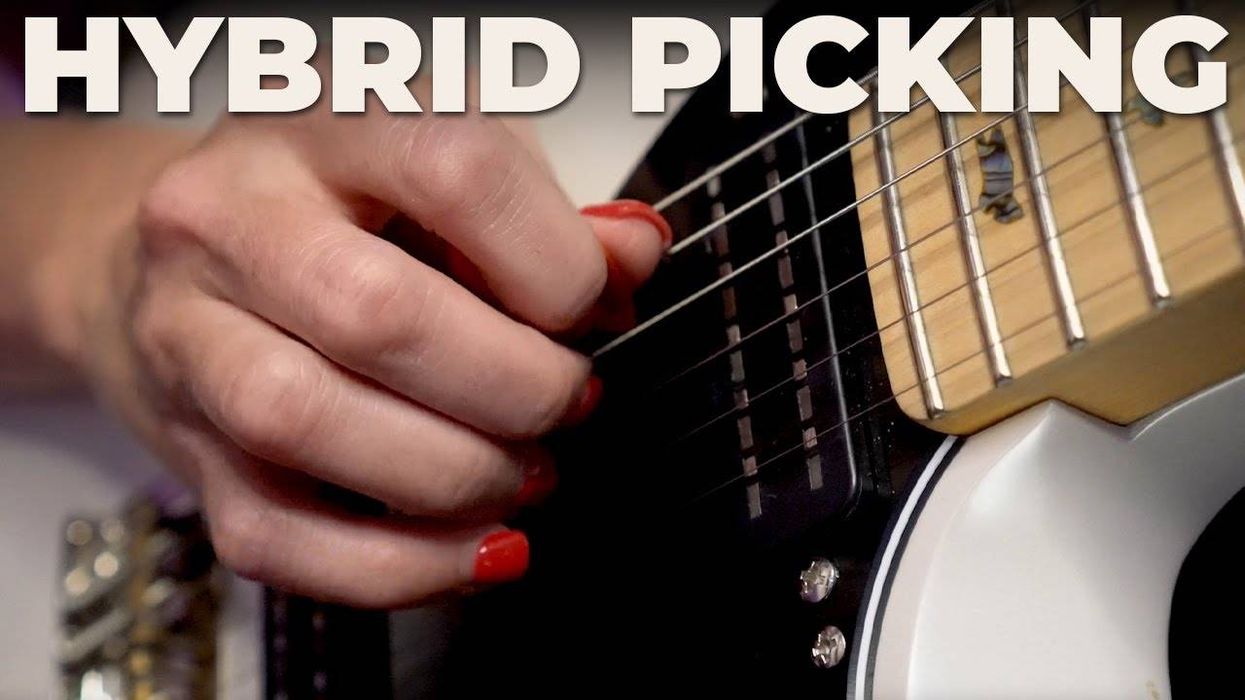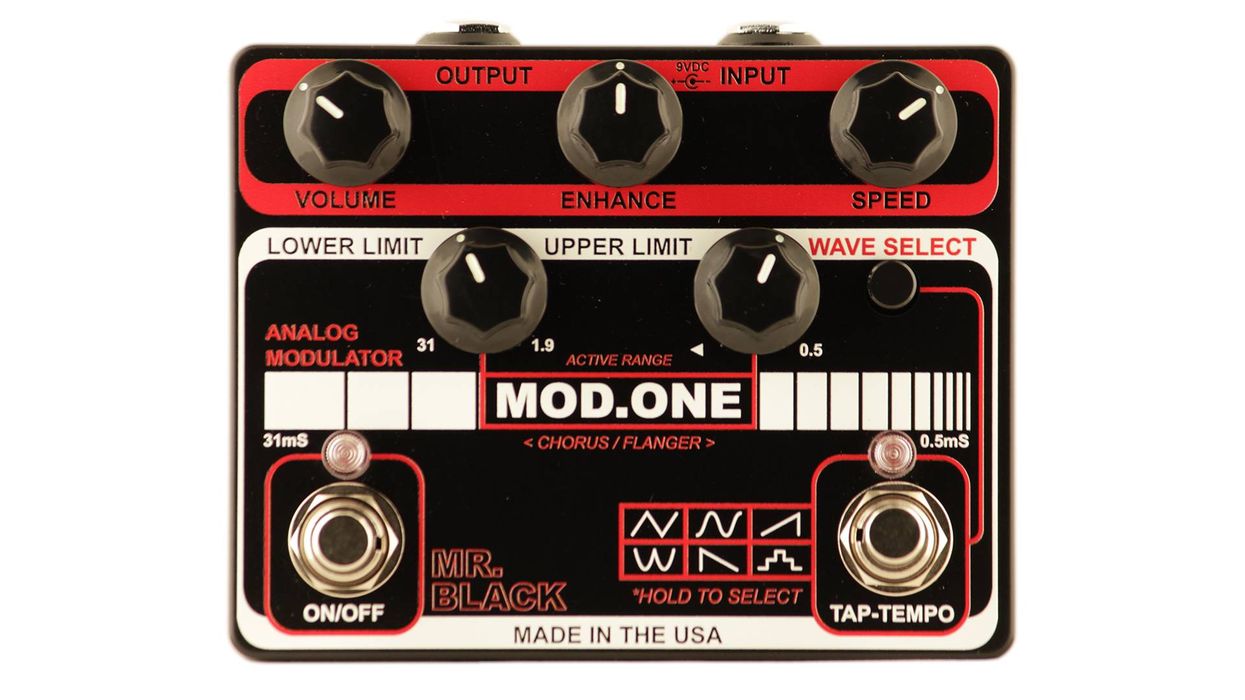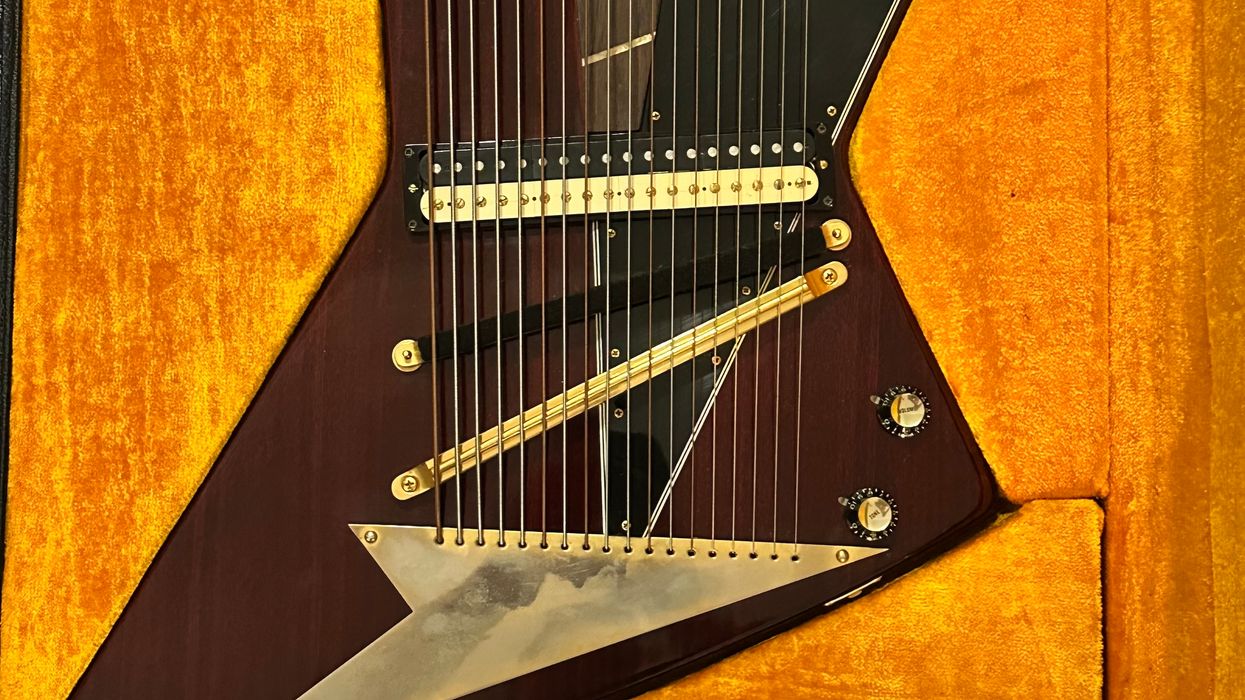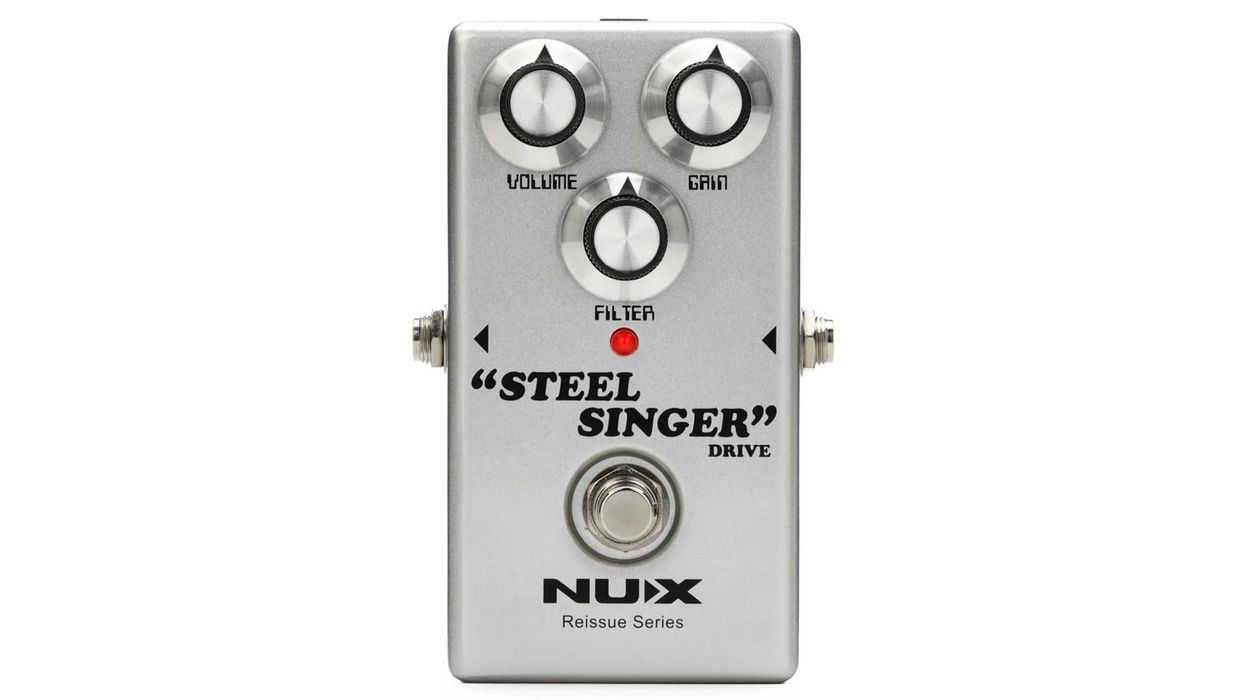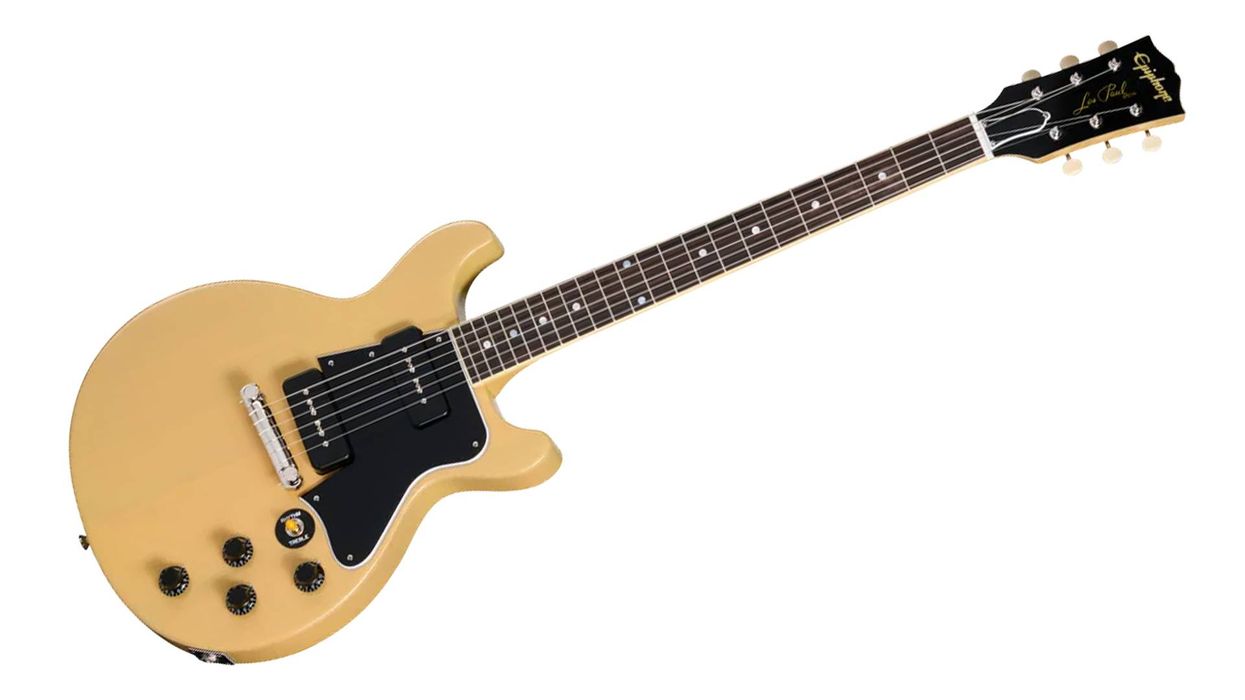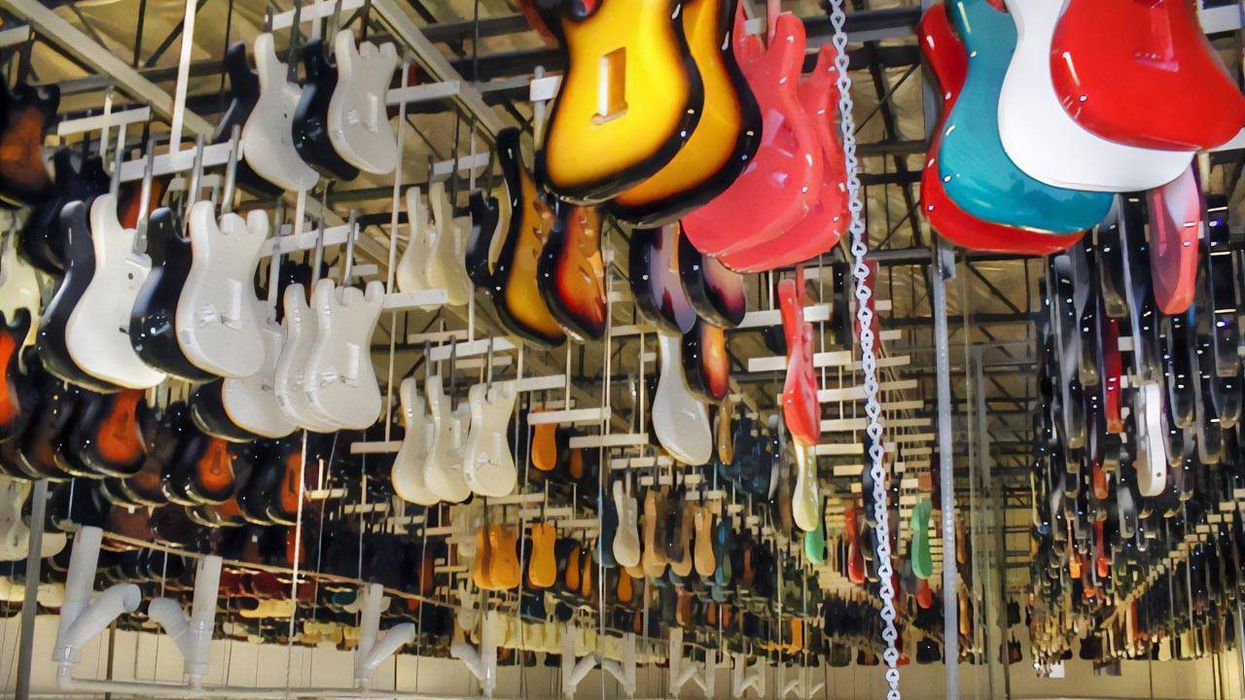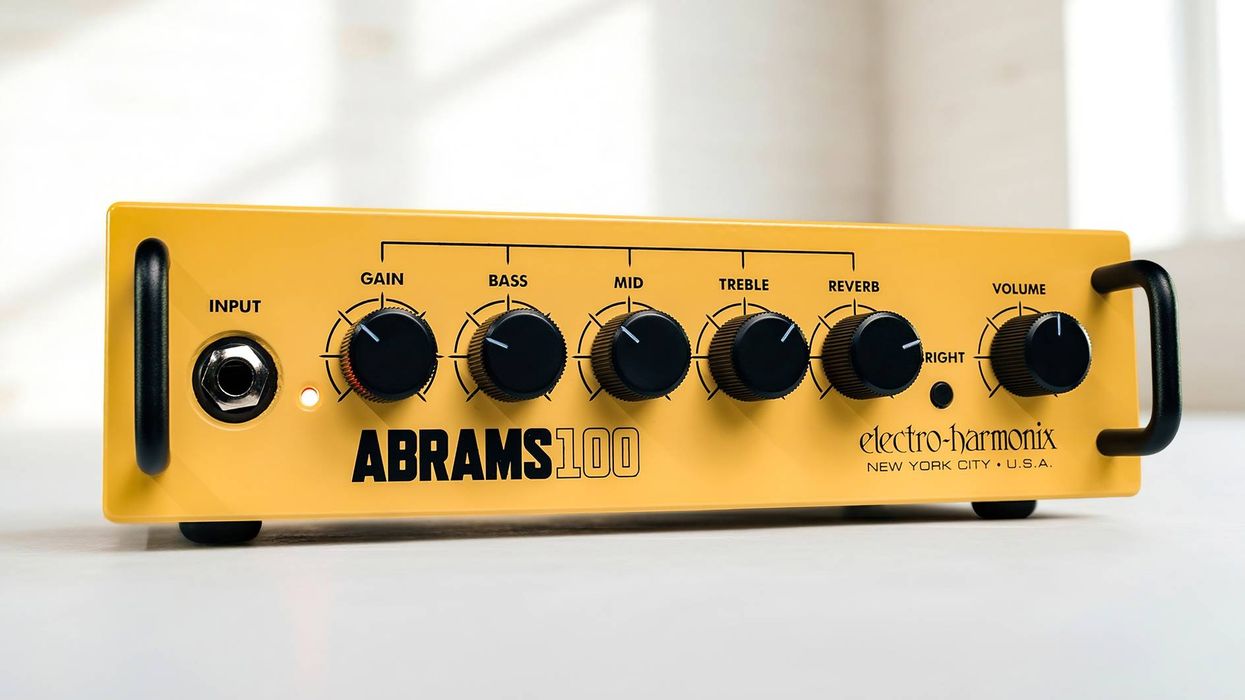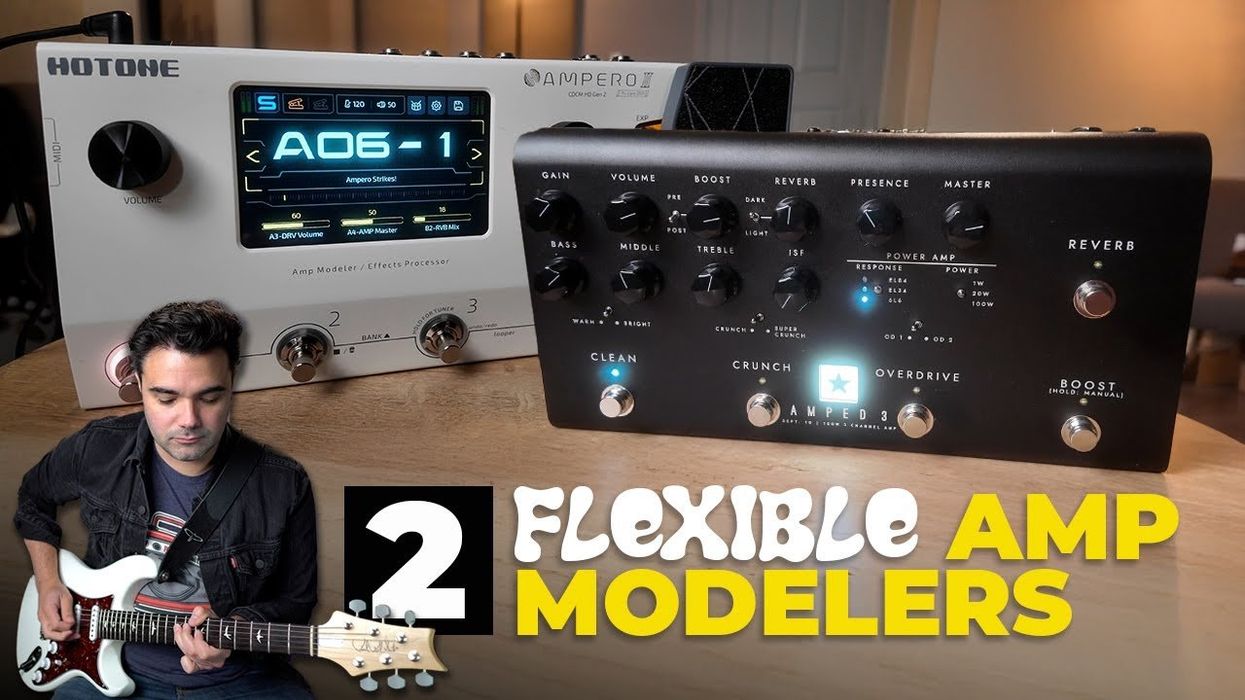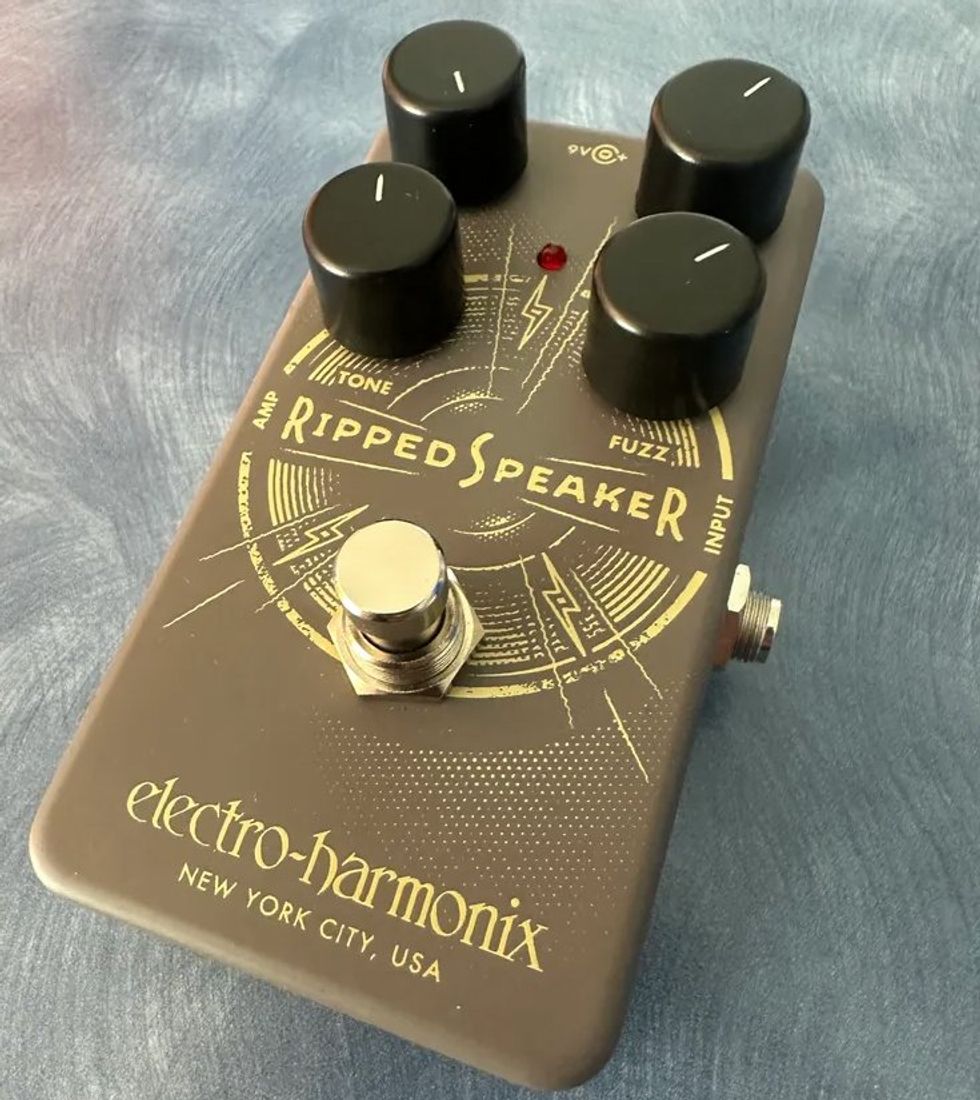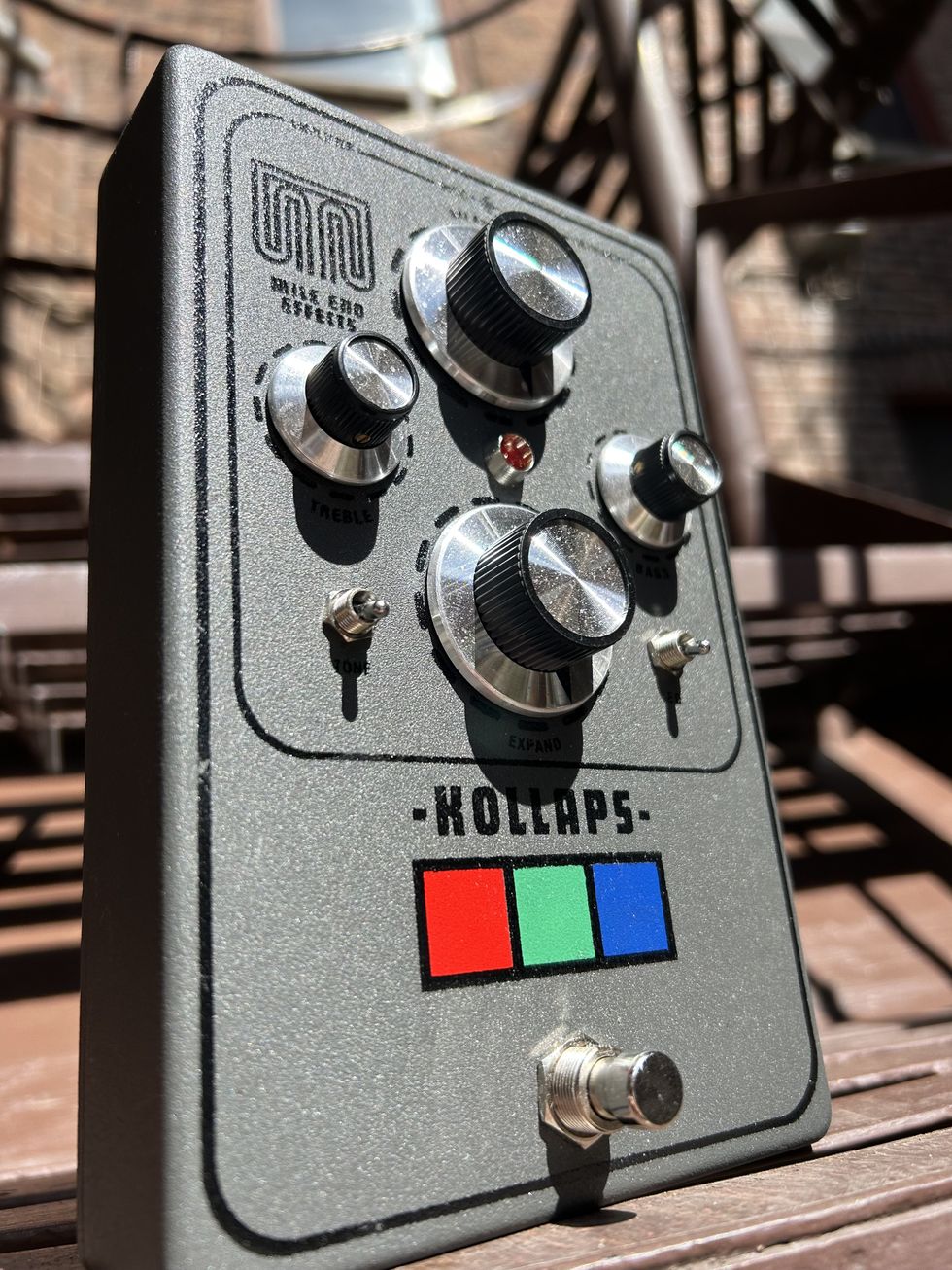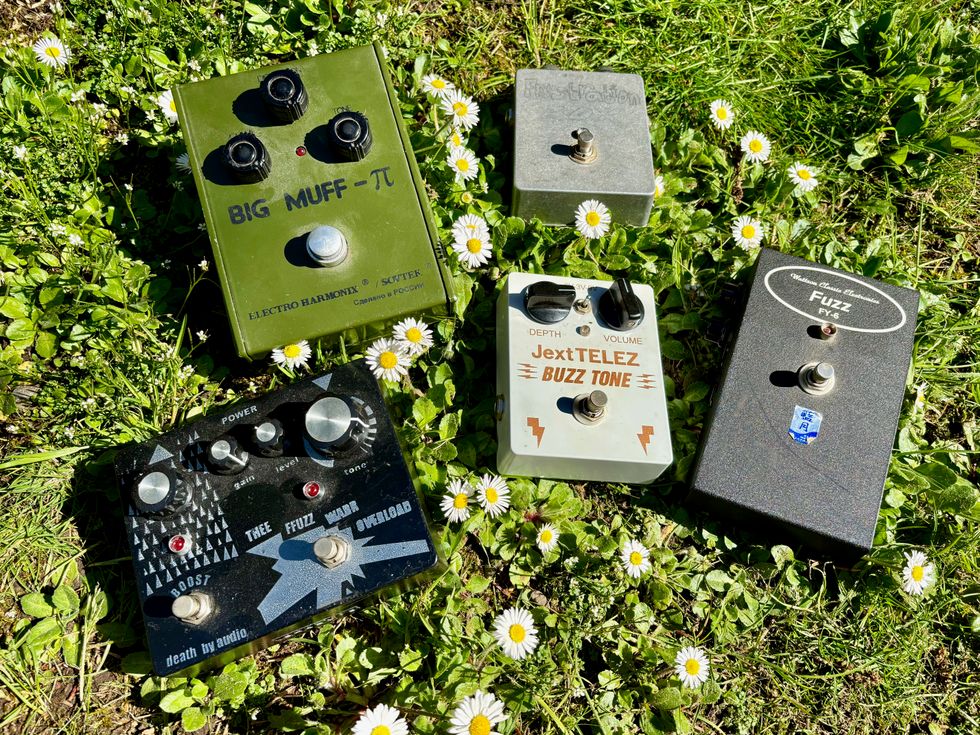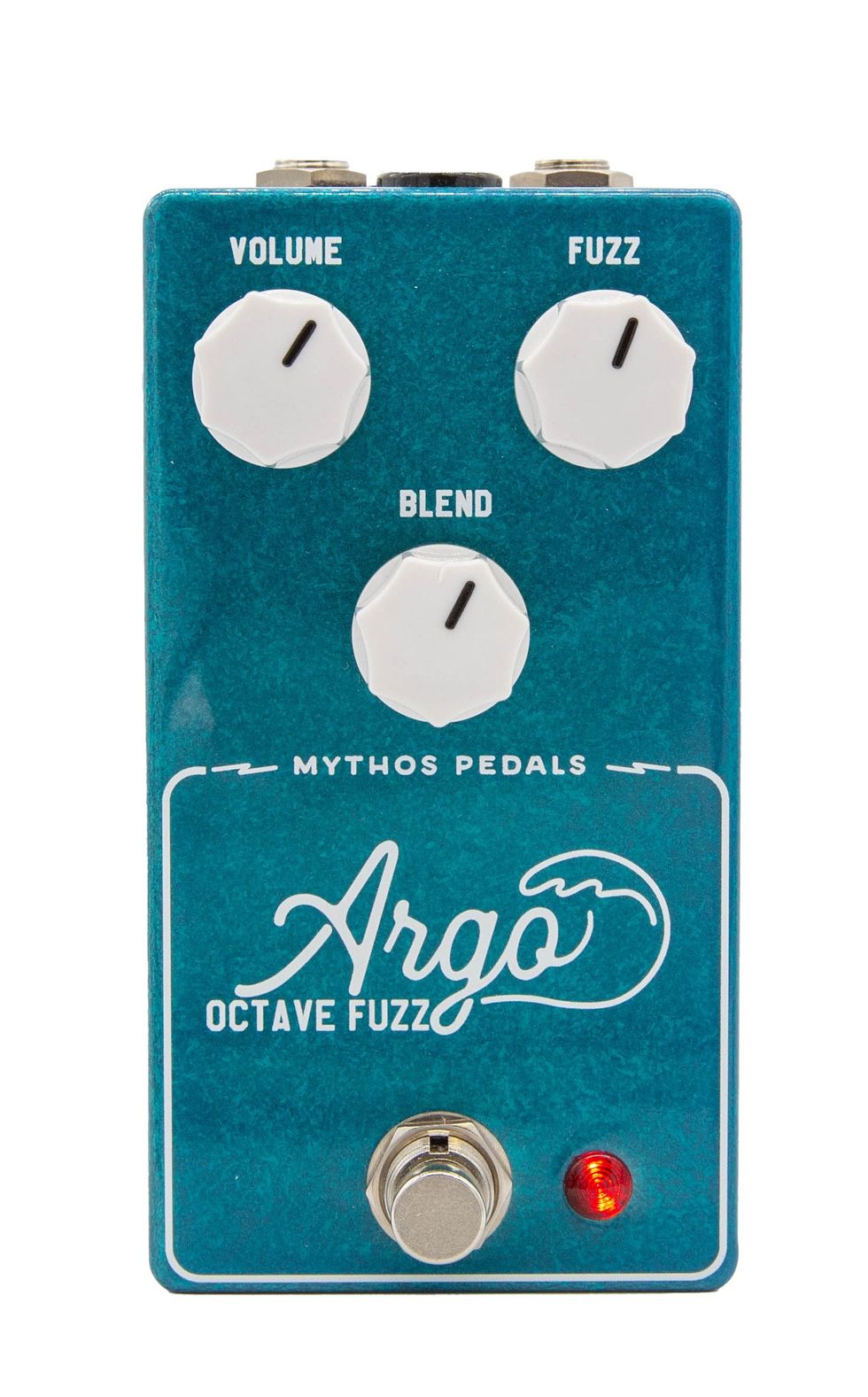Costa Mesa, CA (January 22, 2016) -- Carrying on from where Quilter’s popular Tone Block 200 left off, the Pro Block 200 expands upon the value and feature set from the pedalboard standpoint. A highly anticipated expansion of the Tone Block’s capabilities delivers Limiter, Hi-Cut, and Reverb along with the Gain, Tri-Q Contour control and the calibrated wattage Master volume. Beyond just features, the Pro Block 200 also includes an FX send and return making it the most extensible pedal board amp in Quilter Labs’ arsenal yet. Rounding out the package is Quilter’s proprietary Direct Out and dual 1/4” speaker outputs. The Pro Block shines as a standalone head as well as the natural extension of your pedalboard’s tone shaping capabilities.
Features:
- Ridiculous lightweight: 4 Pounds.
- Gain
- Limiter
- Reverb
- Hi-Cut
- Master Volume
- Incredible tone: Quilter's Proprietary patented tone circuitry.
- Enormous power: 200 watts of "FullQ" power
- Practical feature set: FX Loop, and Direct Out
- Universal power supply: Works on any voltage in the world. Even crappy nightclub voltage.
The Pro Block 200 will begin shipping to our valued dealer partners immediately after the NAMM show. Pre-order yours today!
“The Pro Block 200 breaks new ground in what a small full featured head can achieve in such a tiny package.” Says company CEO Chris Parks. “We are thrilled to share this most sought after and asked for expansion to our Tone Block line.”
MSRP: $499
For more information:
Quilter

